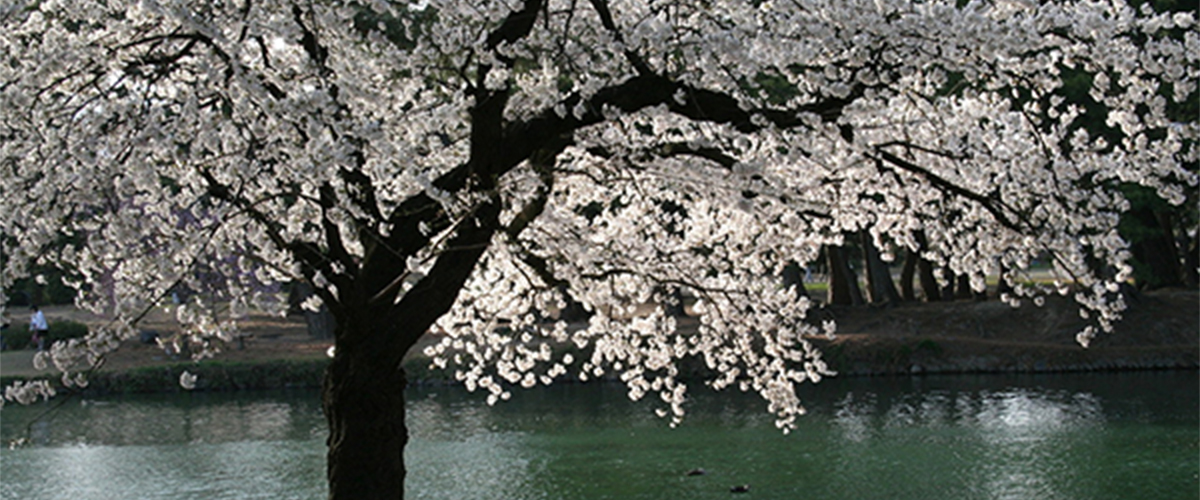Sputnik News recently reported something fascinating: a new proposed rule will allow former adult performers in Japan to stop the sale of their content after said content has been available for five years.
What does the initiative say?
The new initiative has been launched by Japan’s Adult Video Human Rights Organization, successor to the Intellectual Property Promotion Association’s (IPPA) Adult Video Industry Reform and Promotion Advisory Committee. The proposed guidelines, set to come into effect early this year, allow former performers to request producers and distribution companies halt the sale of content they worked/starred in.
The option to pull content, however, can be only be exercised for content that has been commercially available for five years, or five years and six months after it was originally recorded. Producers and distributors will also be prohibited from using any portions of or assets from the retracted content in other products (e.g. comps, marketing materials, etc).
The organization, which caters to the interests of adult entertainment workers, wants to help former performers avoid sex-negative and anti-sex work social stigma. Here’s the thing though. While I appreciate the sentiment behind this initiative, this idea is naive as heck and woefully misguided.
What’s the problem?
Though there may be different legal stipulations in Japan, contract negotiations regarding ownership and distribution of content are generally negotiated in advance of said content’s creation. The process of somehow undoing or superseding a copyright holder’s ownership of a piece of content, or even co-ownership, seems complex, as well as far reaching. It also disregards the rights of co-performers, who may not want their content vaulted simply because another person has changed career paths.
Further, this initiative seems to have zero understanding of the internet, both in terms of content forms, as well as dissemination of media. Between piracy and capping, content is basically out of the copyright holder’s hands from the moment it goes live.
Most egregiously however, rather than work to combat discrimination or end sex worker stigma, this initiative encourages shame by attempting to mask former performer’s previous career choices. Rather than treating former work in sex media like any other prior career choice, this initiative allows sex-negativity to have the final say.
Sex-negativity as an undercurrent
Now certainly, this is a complex issue, and I would be remiss if I did not mention the fact that we live in a hater-driven world that continues to shame work in sex media. Given that, I certainly do not think any performer or model who attempts to capitalize on this initiative is somehow wrong. I do think however this initiative is nothing more than a fool’s errand that distracts from actual social change that could be being enacted.
Further stipulations set forth by the initiative point to this sex-negative undercurrent.
According to the new regulations, content producers will also be required to properly explain that “adult video production is the filming of sexual intercourse” and that “there is a risk that other people will find out about you appearing in an adult video, and there is also a risk of sexually transmitted infection.” In other words, scare and shame performers before the work even happens.
Finally, while the new rules are not being enforced by the Japanese government, adhering to them will be the only way for adult entertainment companies to have their merchandise certified as an “appropriately made adult video” by the IPPA.
Read more on SoraNews24 here.
—
Erika is a sex positive people watcher (and writer). Email her at erika@ynotcam.com.
Image via Naoko Ishikawa.







